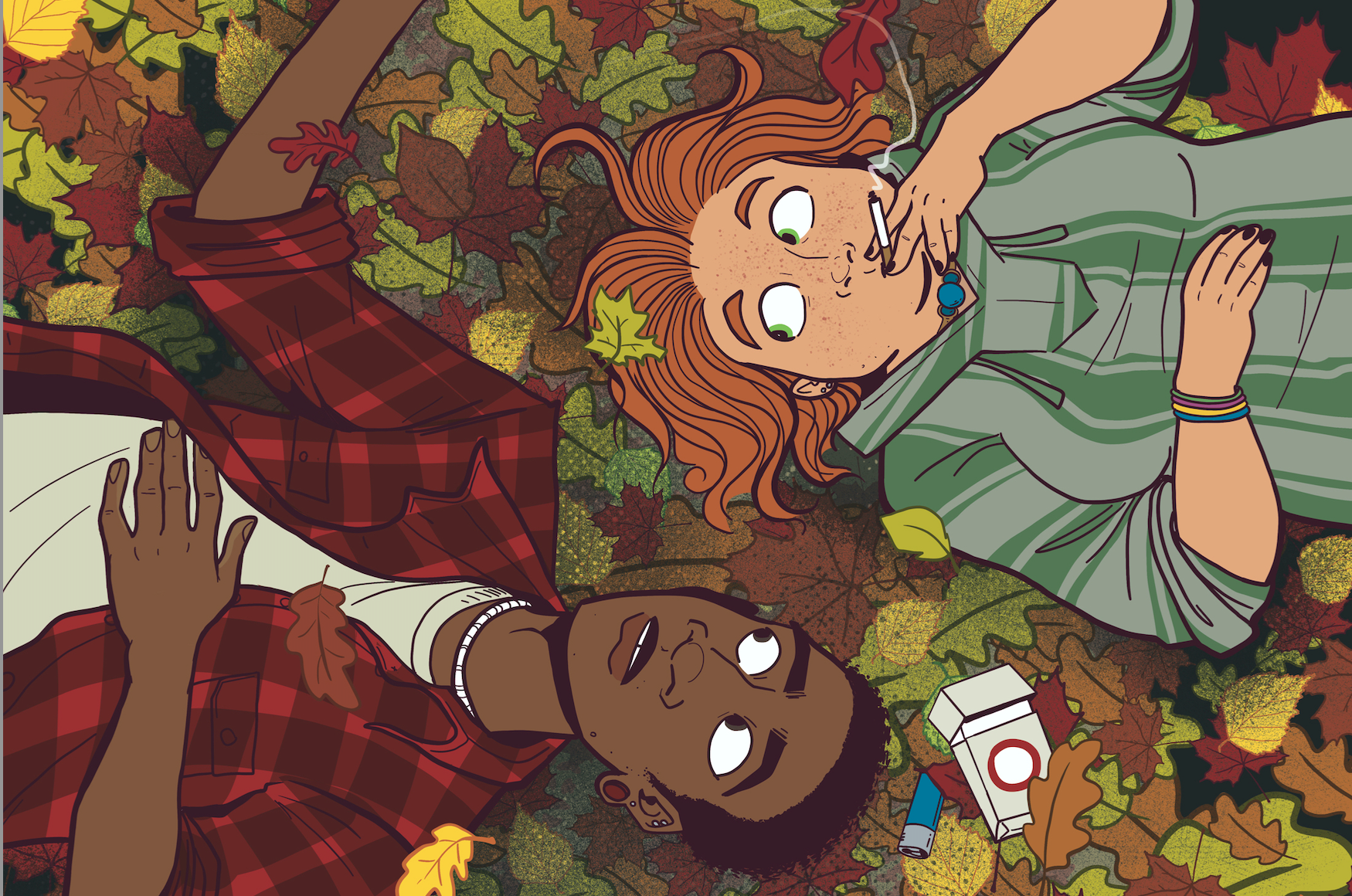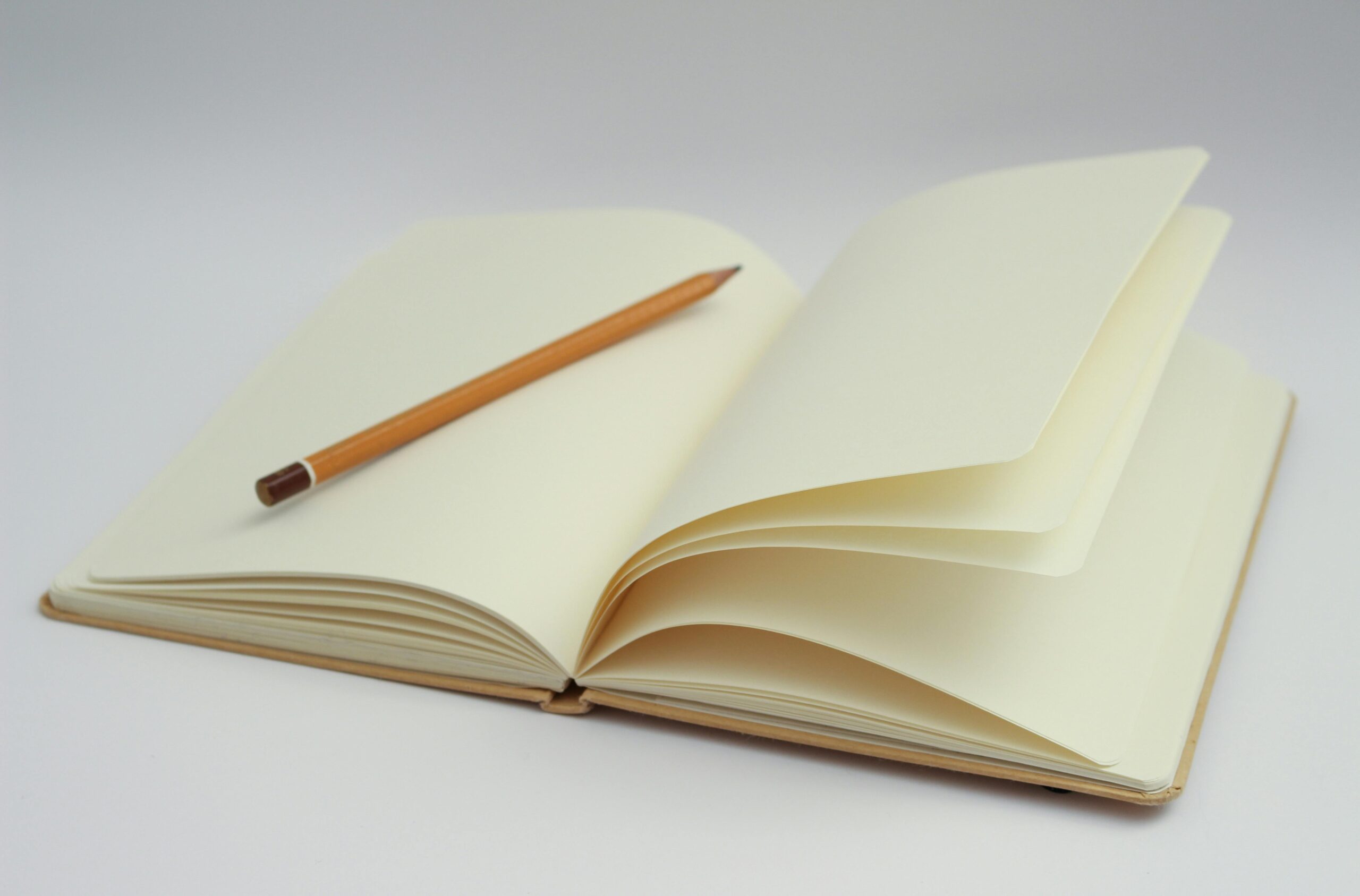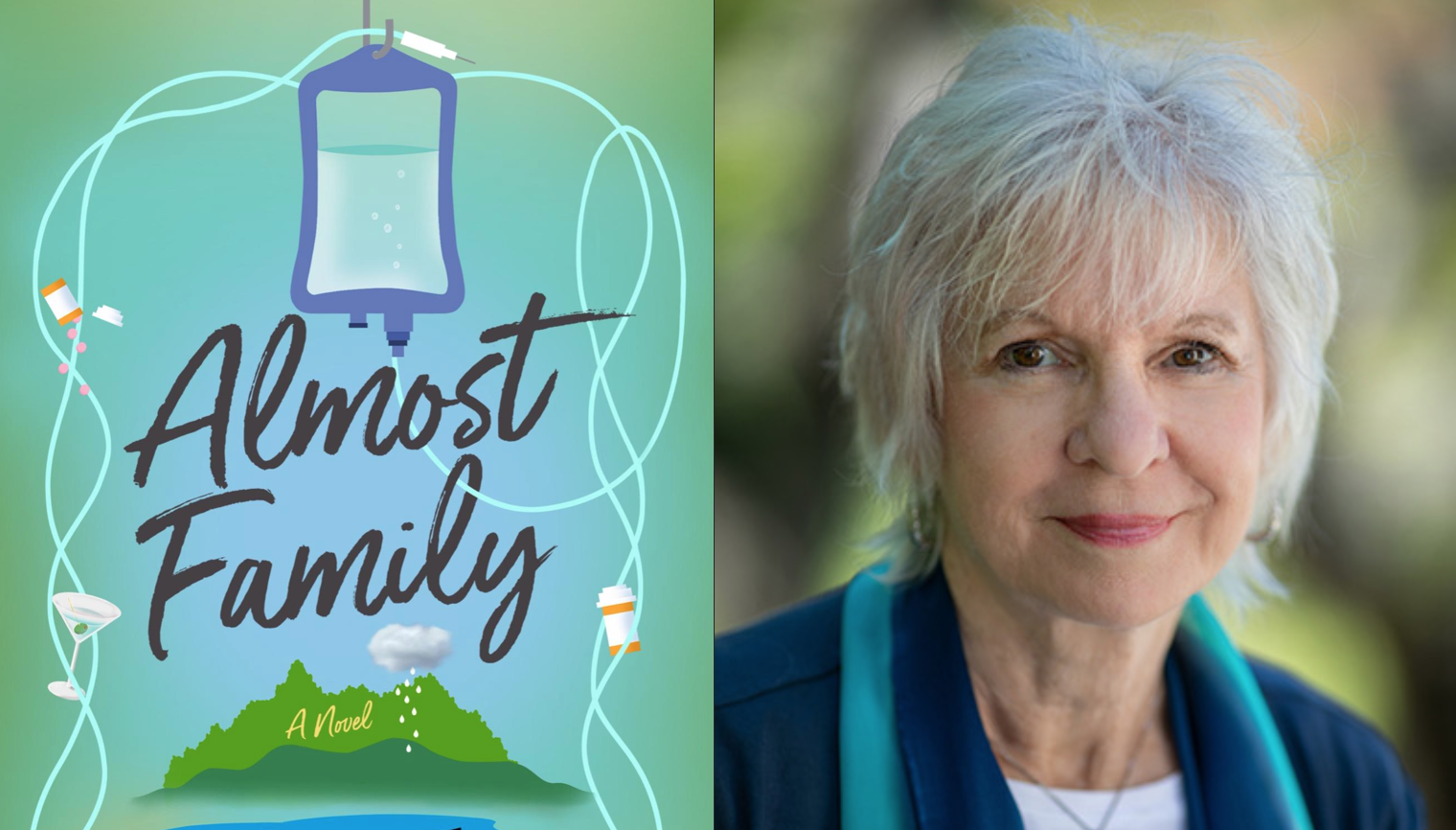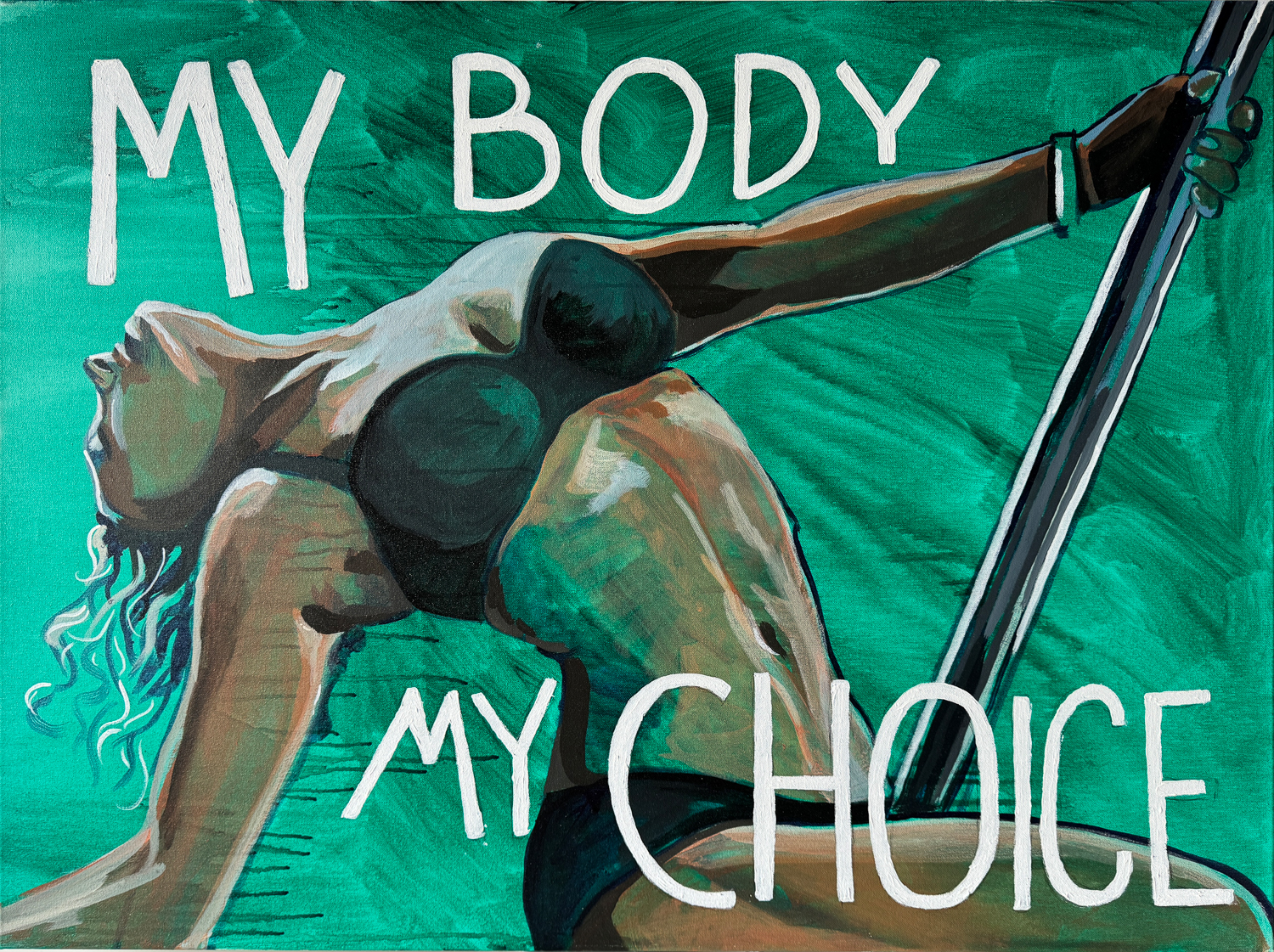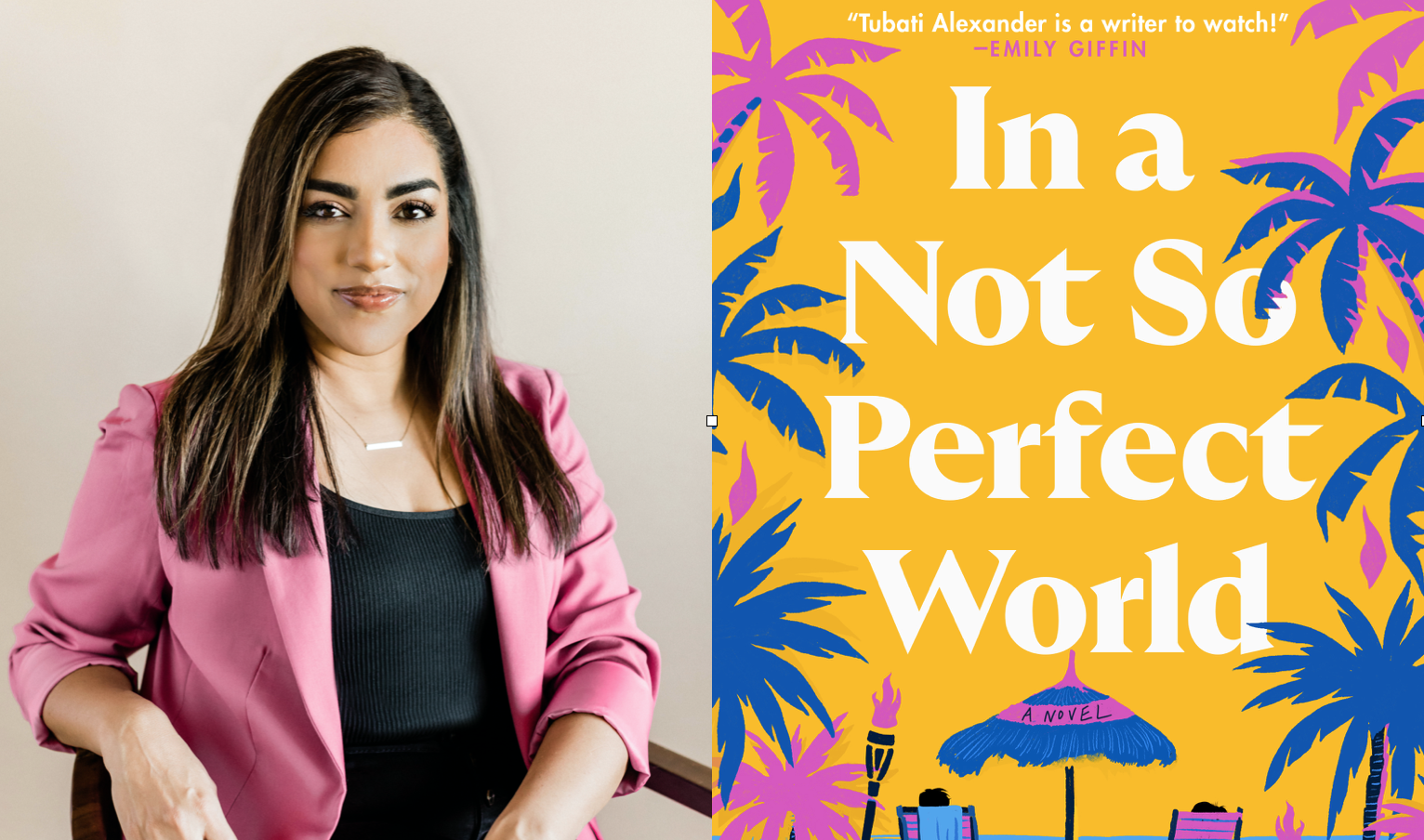
We say it often and we’ll say it again: art is one of the most powerful forms of resistance today, and always has been throughout history. It has a way of saying important things in ways politics, education, religion, business, technology and other major industries cannot. We especially love artists that take every opportunity to use their creative talent for social impact and activism.
Pakistani designer and illustrator Shehzil Malik is one of those badass people whose work is striking, unique, fearless, and beautiful all at the same time. She began her foray into the art world in 2015, with a series called ‘Women in Public Spaces’, one image from which vent viral. It depicts a girl walking through a market trying to avert the sleazy gaze from men around her, while also battling the voices inside her head. The sayings written across her body are those of the inner dialog, such as “is my shirt not long enough?” and “is my chest covered?”.
The image, posted on her Tumblr account, struck a chord with people from all around the world, and Shehzil realized she had a knack for sharing powerful messages through her illustrations. She wanted to create representations of Pakistani women in public life as role models she didn’t have growing up.

“I wanted to make pictures of women that you could look at and think, ‘Oh, she’s a Pakistani girl, and she’s very comfortable in her own skin. I wish I could be like that!’ Because that’s what I’m kind of drawing for myself – I give myself these role models in art,” she told DW.com.
Along with the artwork, the ‘Women In Public Spaces series included photographs of real life women out and about in the city. Shehzil has also expanded her art into fashion, collaborating with retailer Generation for a feminist collection made to empower women.
A quick look through her images on her website and Facebook page shows how Shehzil manages to infuse pop culture images and cultural trends within her illustrations, creating an image of a Desi Wonder Woman, and drawing another woman squeezing out a tube of skin-lightening cream, as a signal to the ridiculous beauty standard many women in Pakistan and India deal with.
When she was growing up Shehzil struggled with her own beauty because of the pressure created by the skin-lightening trend, and it wasn’t until she went to college and met powerful women from all over the world that she realized there is no one standard of beauty.

The Desi Wonder Woman was created as a way to talk about the lack of brown role models when she was growing up.
“If you didn’t see a brown badass female superhero growing up, how’d you know if it were possible?” she said.
A few of her other illustrations, Hijabi Biker Girl and the Bookworm Sister, show Desi women in various public spaces in Pakistan, created to be a conversation starter about the role of women in public. In an interview with PRI in 2016, Shehzil says these images were her way of speaking about the harassment and sexism women experience every day, and stemmed from conversations she had with her own family.
One of the most common places women experience sexism is in an outdoor market, and Shehzil recalls an incident with her father that made her realize the difference in perception regarding gender.
“I went to buy some hardware with my father. And as I was asking questions, the guy would not answer me. And later my dad was just laughing, saying isn’t it funny how you didn’t get an answer out of that guy. I was like, no — it’s not funny. What was happening is that he basically reduced me to my gender and thought it was respectful to not talk to me. So there are two kinds of reactions you get in market places. Either they are leering at you and make you uncomfortable, or they don’t look at you at all,” she recalled.

As a feminism and a Muslim, she also uses her art to push back against stereotypes around these identities.
“I often get this — I wear jeans a lot and I also pray so it would be like, ‘you don’t look like somebody who prays.’ And that’s ridiculous to me. Is denim un-Islamic? How is that a thing?” she said.
Clothing also becomes a social problem for women in a conservative society like Pakistan, where certain items can be misconstrued to mean a certain thing, or worse, be used as an excuse for harassment.
“I live with my parents and they dictate how many layers of clothing I should be wearing and I had this conversation with my mom where I was like at what age — and I’m really old now, three decades have gone by on this Earth — and I was like at what [point] would you be OK with me walking out dressed like I want to dress, and she thought about it. And I was like, I want a number, what age — and she thought about it and said never,” she explained.
Her images are also commentary on political issues at times, as seen with the ‘There’s No One Way To Be A Woman’ illustration, which was her way of sharing her opinion about France banning the Burkini, the full body cover bathing suit worn by Muslim women.

“Needlessly, our bodies are sites of political expression. When I look at my friends who wear the hijab, I see women with a strong sense of self who are open-minded to my differing views and take responsibility for their decisions,” she said.
Shehzil’s work is a powerful and timely reminder of the necessity of art, especially in a world where women are still fighting for equal rights. Her commentary on the role of women in public spaces is a form of activism, an issue which she wants to see normalized.
“Seeing a woman outside should be normal, whether you are in jeans or a kurta or whatever should be fine. It shouldn’t matter. But the fact that it does means this conversation needs to happen,” she said.
You can see more of her work on her website, Tumblr, and Facebook.












